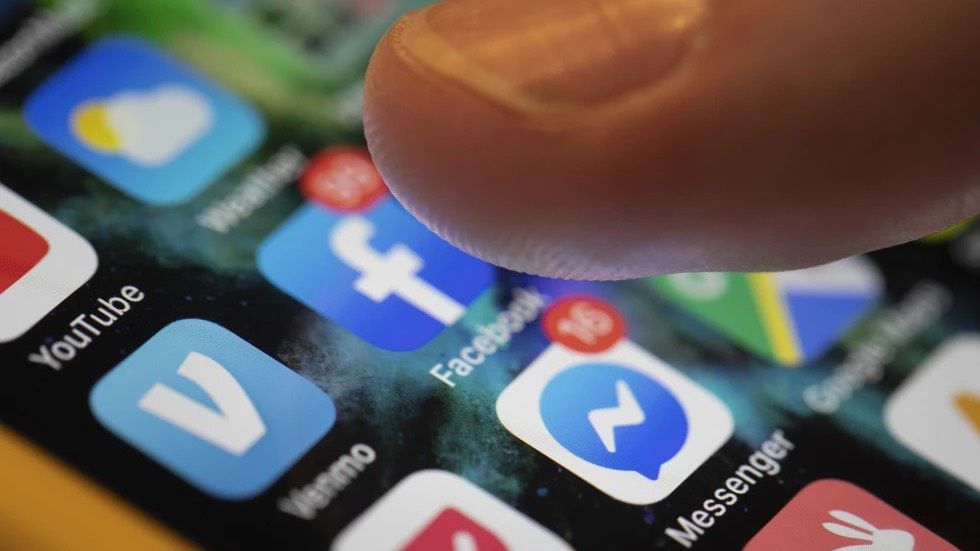TALLAHASSEE, Fla. — The Florida Legislature passed a social media ban for minors on Thursday despite Gov. Ron DeSantis expressing concerns about the bill.
The bill (House Bill 1) would limit social media to Floridians 16 and older. It would also require age verification to access social media sites and adult web pages.
Speaking in Orlando on Thursday morning, DeSantis expressed concern. He, among others, fears the bill is unconstitutional, and he also opposed the proposal's lack of a parental override.
"I'm a critic of social media, but I have to look at this from a parent's perspective," DeSantis told reporters. "We're working through this. I don't think it's there yet."
By Thursday's end, though, the House and Senate approved the legislation. The proposal, which ranks among the strictest in the nation, would require platforms to boot unverified accounts they believe belong to minors.
"These companies know what they are doing is wrong," said Republican State Rep. Tyler Sirios, the bill sponsor. "They have not acted. We will."
The ban's passage is bitter sweet for some critics. Many agree social media is harming Florida's youth, but they take issue with the bill's approach.
"We must do something, "said St. Petersburg Democratic Sen. Darryl Rouson, who suggested the bill is imperfect. "Drastic times call for drastic measures."
Among other descriptors, some Democratic lawmakers call the bill hypocritical. For years, Florida Republicans championed themselves as parental rights advocates, and in 2022, even passed a controversial education reform bill called "Parental Rights in Education."
Democratic lawmakers took time Thursday to spotlight the juxtaposition.
"It is not the legislature's job to tell the parents how to parent," said Miami Gardens Democratic State Sen. Shev Jones.
The House passed the measure Thursday evening nearly unanimously. The Senate, however, advanced it with a narrower 23 to 14 vote.
The bill is House Speaker Paul Renner's priority. Surrounded by fellow supporters, Renner defended the bill outside the House chamber.
"If you believe these addictive features and personalized algorithms are vials of poison on the table, you don't let a parent consent," he told reporters before the vote.
The bill's passage puts DeSantis on the clock. The governor must either sign or veto the bill before the legislative session ends on March 8.
If DeSantis takes no action, the bill becomes law.
